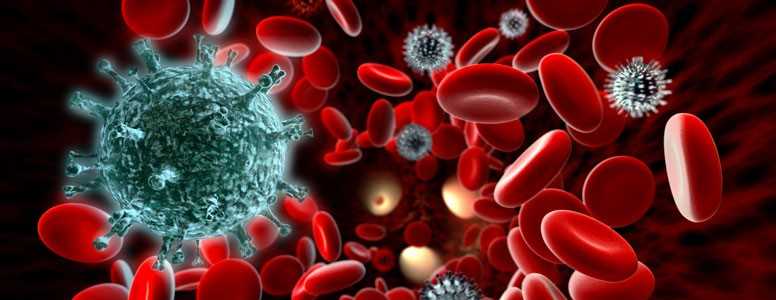UK researchers are developing a treatment that aims to limit the damage caused by the immune system in people with type 1 diabetes. If successful, the treatment could mean an end to regular insulin injections for people with the condition.
University of Cambridge scientists have used a drug to regulate the immune system, hoping that it will stop a patient’s immune cells attacking pancreatic insulin-producing beta cells.
In this new study, published in the journal PLOS Medicine, researchers tested a drug called aldesleuki, recombinant interleukin -2 (IL-2).
IL-2 is currently used at high doses to treat certain types of skin cancers and kidney tumours, and at much lower doses it can enhance the ability to regulatory T cells (Tregs) to prevent the immune system damaging the body’s own organs.
A total of 40 participants with type 1 diabetes received single doses of IL-2 on Treg cells, which was followed by extensive immune monitoring.
The doses were found to increase Treg cell production by between 10-20 per cent, but not significantly enough to suppress the body’s natural defences against invading bacteria or viruses.
The researchers observed that the daily dosing led to Tregs becoming resistant to the drug, and suggest that the drug should not be administered on a daily basis in order to achieve optimal results.
“Our work is at an early stage, but it uses a drug that occurs naturally within the body to restore the immune system to health in these patients,” said lead researcher Dr Frank Waldron-Lynch.
“Whereas previous approaches have focused on suppressing the immune system, we are looking to fine-tune it. Our next step is to find the optimal, ‘Goldilocks’ treatment regimen – too little and it won’t stop the damage, too much and it could impair our natural defences, but just right and it would enhance the body’s own response.
“Our goal is to develop a treatment that could see the end to the need for these life-long, daily injections by curtailing the early damage caused by the patient’s own immune system.”
The study team confirmed that treatment would initially target newly diagnosed patients with type 1 diabetes who can still produce some insulin. This treatment could extend their insulin production and prevent complications arising.
Angela Wipperma, Senior Research Communications Manager at JDRF, which helped fund this research, said: “Immunotherapy research offers the potential to change the lives of those affected by type 1 diabetes. We eagerly await the next steps from this talented research team.”







